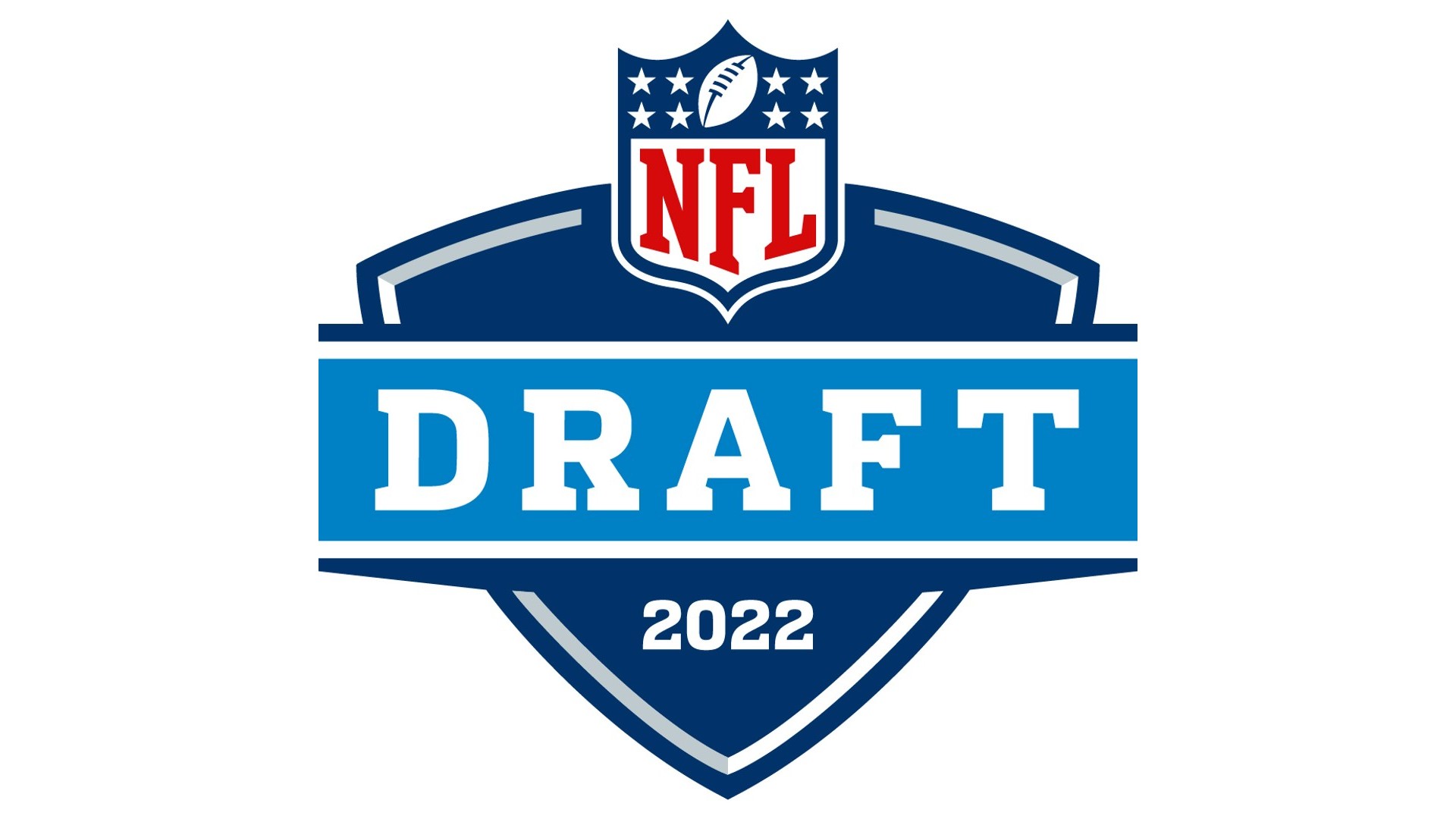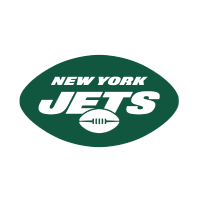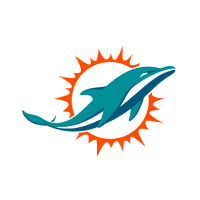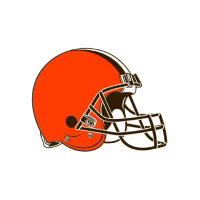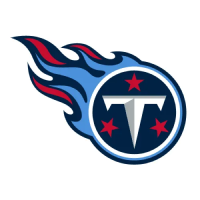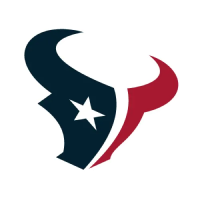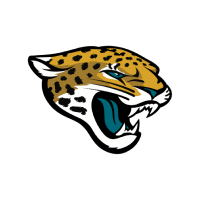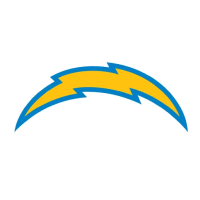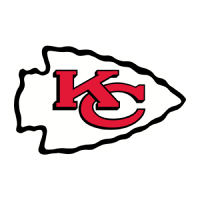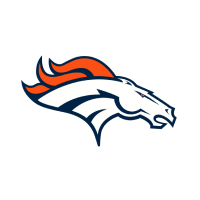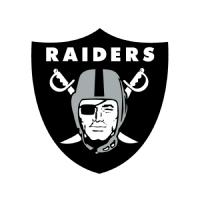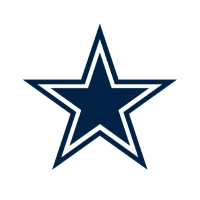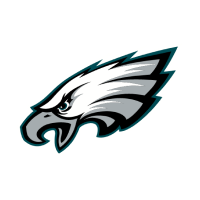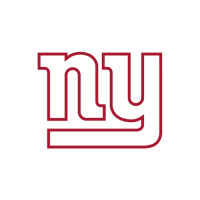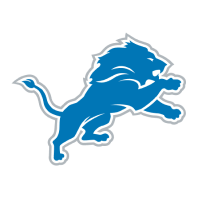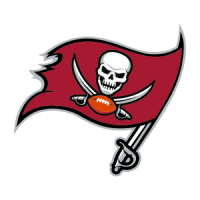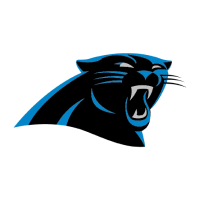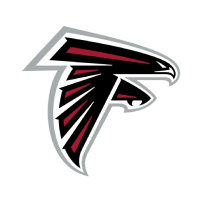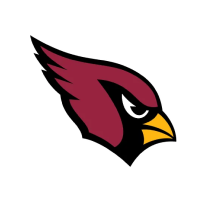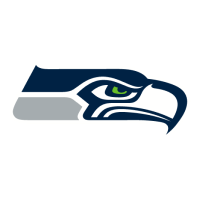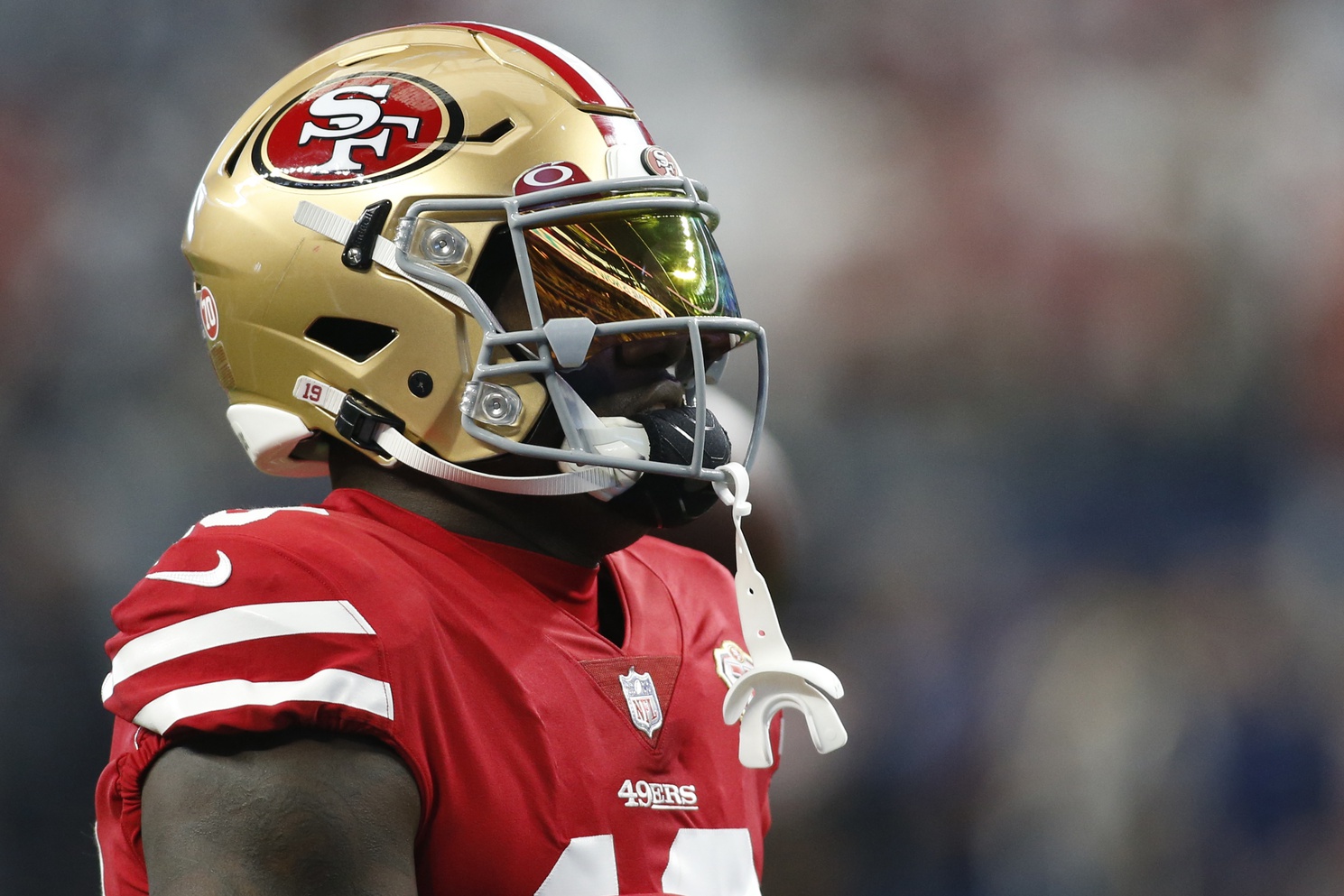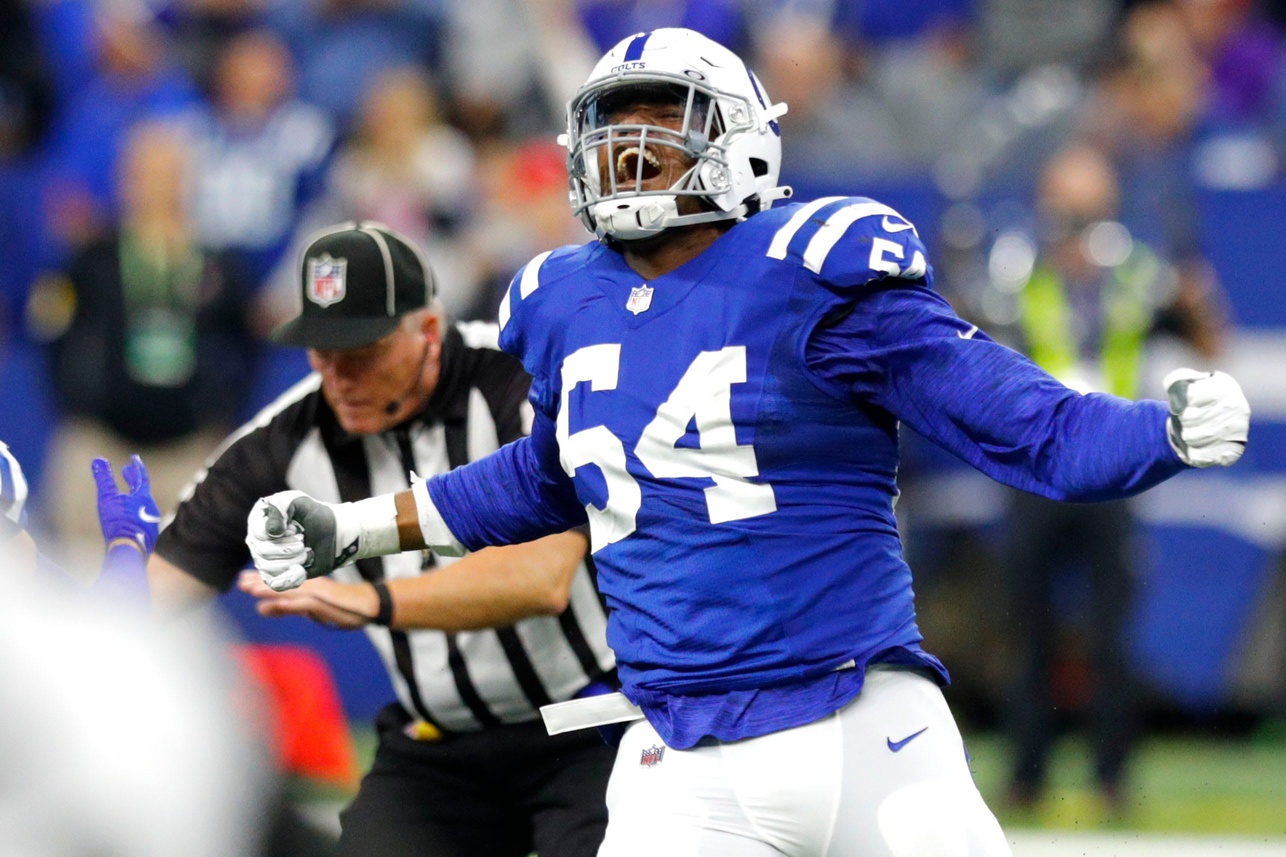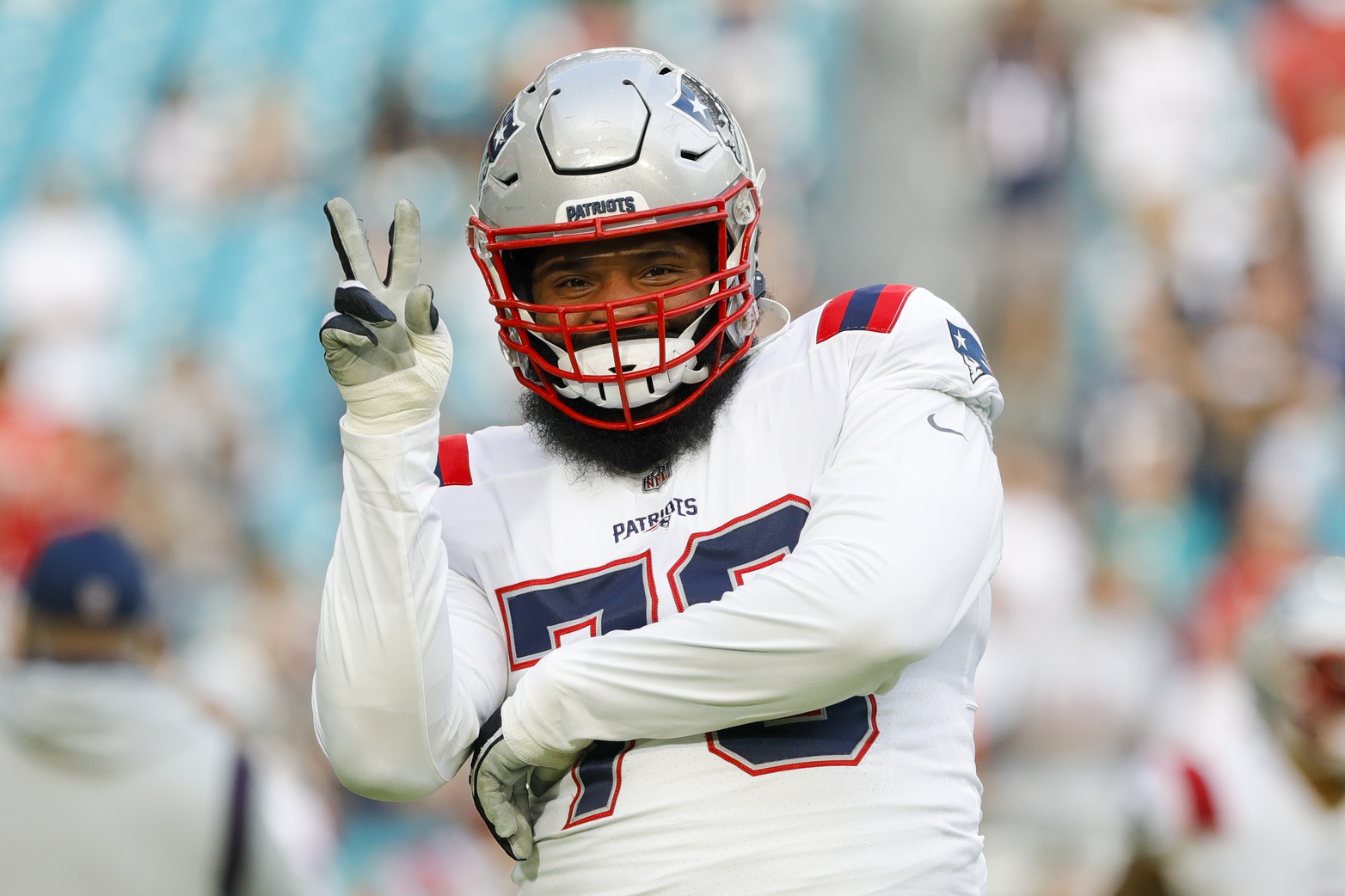Organized team activities (OTAs) have started for many teams around the NFL in recent weeks. With all OTAs being optional, several players, most often veterans, choose not to go.
This offseason, we’ve already seen some notable names decide to forgo attending OTAs. Quarterbacks Aaron Rodgers and Kyler Murray are not currently training at the Packers’ and Cardinals’ OTAs, and wide receiver Deebo Samuel has chosen not to attend the 49ers’ early activities either.
For some absent players, choosing not to go is a decision solely rooted in their familiarity with their teams’ playbooks and systems. For others, absence from OTAs is more intentional. Often, it can be a player trying to show their displeasure with the organization. Showing off their frustration publicly, they hope to leverage their absence to get what they want from the team.
Rodgers’ case is the least worrisome of the three players mentioned above. The Packers gave their quarterback most of what he wanted this offseason. He inked a three-year, $150-million contract that made him the highest-paid player by average annual value. Green Bay drafted several pass-catchers this year, strengthening the roster’s weakness even before the Davante Adams trade.
The Packers also communicated with Rodgers about the Adams trade, implying he won’t hold that decision against the team. Rodgers’ decision to sit out of OTAs, for now, is nothing more than a personal choice. Head Coach Matt LaFleur said he talked to Rodgers and felt that the quarterback was in good spirits.
Green Bay’s quarterback coach, Tom Clements, concurred, saying that Rodgers has already totaled enough reps with the team not to need the extra practice this early. Both the team and Rodgers expect him to attend a mandatory minicamp in early June.
More problematic is Murray’s absence from the Cardinals’ OTAs. His frustration with the Cardinals has been well-documented for several months now. The most publicized incident was his decision to remove all Cardinals-related content from his Instagram in February.
Murray is in line for a big contract extension as he prepares to enter his fourth season with Arizona. He’s been everything the Cardinals hoped he would be as their former No. 1 overall pick in 2019, so a new contract will likely happen sooner or later. But according to ESPN’s Adam Schefter, all remains quiet, so Murray has stayed absent from Arizona’s OTAs, presumably, to express his frustration.
Murray’s decision to stay away from OTAs is more significant than Rodgers’ and more expected. An extension should eventually get done, and the young quarterback will likely rejoin his team once contract talks begin.
The team that should be most concerned about their star player’s absence from OTAs is the San Francisco 49ers. Their versatile, hybrid receiver/running back, Samuel is doing his best to force his way out of San Francisco.
Reports surfaced ahead of the draft that Samuel asked for a trade even though the 49ers appeared willing to give him a large contract extension. But money doesn’t seem to be the issue; instead, Samuel isn’t happy with how San Francisco uses him on offense.
That’s a more challenging obstacle to get over than one that contract negotiations could fix. It’s complicated because the 49ers don’t want to change what they’re doing with Samuel. He was so effective in a dual role as a receiver and running back, and the team was willing to pay him more to keep him around in that role.
But Samuel seems committed to doing everything he can to force a trade away from the team that drafted him, including not showing up to OTAs. It’s early, but if Samuel keeps missing offseason workouts, especially the mandatory ones, he could eventually force the Niners’ hand.
It’s still early in the offseason, and things can change. Absences will be much more significant when mandatory minicamps begin around the NFL in a few weeks.
Related Articles
NFL
Dayo Odeyingbo Looks Healthy, Ready To Wreak Havoc For Colts
- Aug 22, 2022
NFL
3 Teams That Should Trade For Isaiah Wynn
- Aug 22, 2022
Written By
